The Netherlands appears poised to get its first openly gay prime minister. Rob Jetten could lead the country after his centrist party Democrats 66 (D66) made big gains in the Dutch elections.
His liberal-progressive party is in a neck-and-neck race with anti-Islam populist Geert Wilders, whose far-right Party for Freedom (PVV) has lost support in the polls. With 98 per cent of votes counted early Thursday (October 30), both rival parties are projected to take 26 seats in the 150-member lower house of parliament.
However, Jetten is more likely to form the next government, with Wilders returning to the opposition.
We explain.
Who is Rob Jetten?
Rob Jetten, 38, could become the first openly gay Dutch PM. The charismatic young leader has propelled his socially liberal D66 party from fifth place to the top in Dutch politics in less than two years.
A self-professed “geek”, Jetten grew up in Uden, a town in the southeast Netherlands, as per an AFP report.
He studied public administration at Radboud University in Nijmegen. “I wanted to make the world a slightly better place,” he later told the university website.
Jetten revealed that as a young boy, he used to read two newspapers before heading to school and watch TV news in the evening. “A geek. That is really what I was at age 12,” he admitted.
Before taking the political plunge, Jetten worked for the Dutch rail network ProRail as a consultant.
He was elected as an MP in 2017 at the young age of 30. A year later, Jetten became leader of the D66, the youngest ever to hold the post.
Impact Shorts
More ShortsWith his political star on the rise, Jetten served as the Energy and Climate minister between 2022 and 2024 under long-serving Dutch PM Mark Rutte.
Some supporters view the young leader as a mini-Rutte, who is now head of Nato.
It has not always been a smooth ride for Jetten in politics.
As per BBC, a parliamentary colleague described him as “pushy” on the climate. Jetten also led D66’s disastrous campaign in 2023 when the party saw its fortunes suffer, with its seats dipping to only nine from 24.
Two years later, observers credit his success to being “less woke”, less alarmist about the climate, and generally a more pragmatic politician, reported AFP.
Jetten earned the nasty nickname of “Robot Jetten” early in his career due to his rehearsed lines and bookish glasses. He ditched the glasses after laser eye surgery, which boosted his appearances in the media.
“Robot Jetten is going to be prime minister!” a reporter said to Jetten as election results became clear on Wednesday night, as per BBC.
“Sometimes it can work out really crazy in politics,” Jetten replied, smiling widely.
Jetten has refrained from making his private life a part of his political identity. However, five years ago, he read a long list of homophobic messages from his phone to highlight the importance of international day against homophobia.
Jetten has been in a relationship with Nicolas Keenan, an Argentine hockey player, since 2022. The couple are set to marry next summer in Spain.
Jetten is also a former athlete. He was a young runner who represented the Netherlands at the junior level.
“As a child and teenager, I was a keen games player. Football and athletics were my greatest passions,” he said in an interview.
During the election campaign, Jetten dominated the screen time, with a series of TV debates and interviews. He also reached the final of the popular TV quiz show The Smartest Person, which was filmed earlier but broadcast in the run-up to election day.
The popularity of the young politician has surged in the past month, as he promised to resolve the Netherlands’ housing crisis, invest in education, and address immigration concerns.
What’s next for Rob Jetten?
It would not be easy for Jetten to form the next Dutch government.
Dutch snap elections were necessitated after Wilders withdrew his far-right party from the governing coalition in June following a row over tighter asylum rules. Since then, all major parties have ruled out forming a coalition with him again.
Seventy-six seats are required to form a governing coalition in the Netherlands’ parliament, including at least four parties.
As all major parties have refused to join hands with Wilders, who is ahead of the D66 by just a few thousand votes, Jetten is expected to form the government even if his party emerges second.
The most likely coalition is among D66 (26 seats), the liberal VVD (22), the centre-right Christian Democrat CDA (18), and the left-wing Greens-Labour group (20), as per AFP.
However, Jetten has his task cut out as forming stable coalitions is tough and talks are expected to linger for months.
After the exit polls came out, D66 supporters excitedly chanted the slogan Het kan wel, or “It is possible,” an optimistic phrase that borrows from former United States President Barack Obama’s “Yes, we can”.
“We’ve shown not only to the Netherlands, but also to the world that it is possible to beat populist and extreme-right movements,” Jetten told the crowd.
“Millions of Dutch people today turned a page and said farewell to the politics of negativity, of hate, of endless ’no we can’t’.”
He previously ruled out a coalition with far-right Wilders, calling him “the biggest bully in the playground”.
Early Thursday, Wilders said he would take the lead if his PVV party came out on top. “As long as it’s not 100% clear, D66 can’t take the lead. We will do everything we can to prevent that,” he said in a post on X.
But Wilders is more likely to sit in the opposition this time. Jetten also understands the challenge before him, with around 26 seats.
D66 is “a small large party, when compared with Dutch history,” he said on election night. “So we’ll have to cooperate with many parties.”
With such a close race, it could take days before the final results are out, as postal votes will take some time to count.
With inputs from agencies


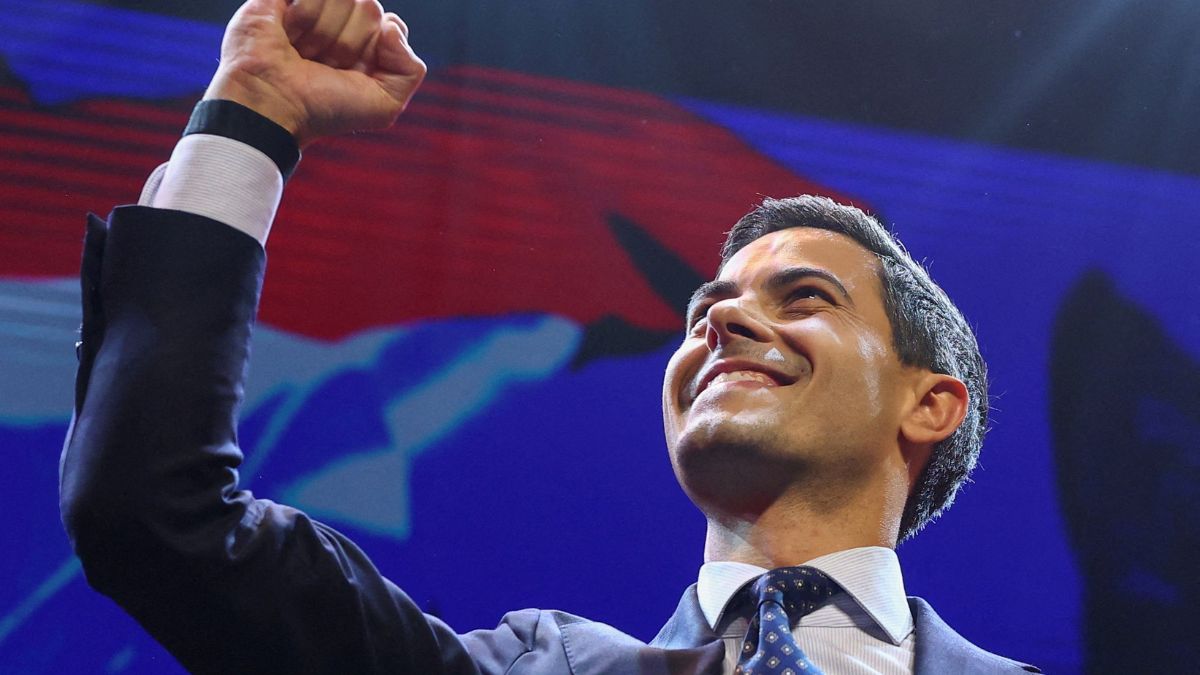)

)
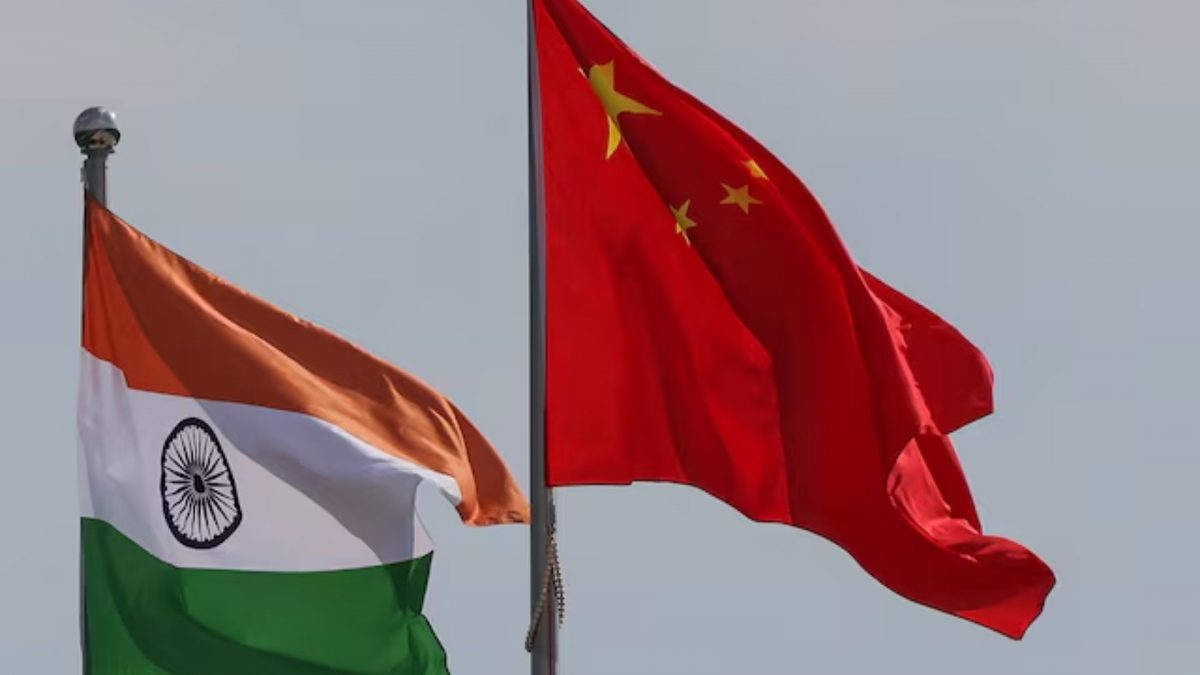)
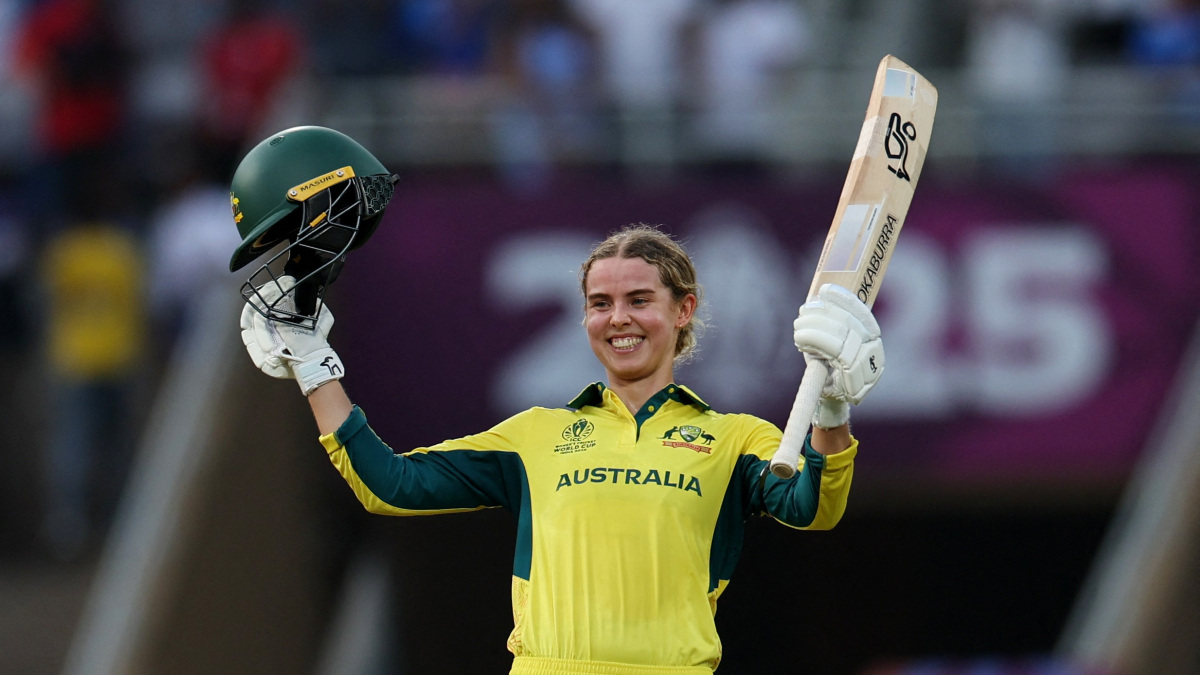)
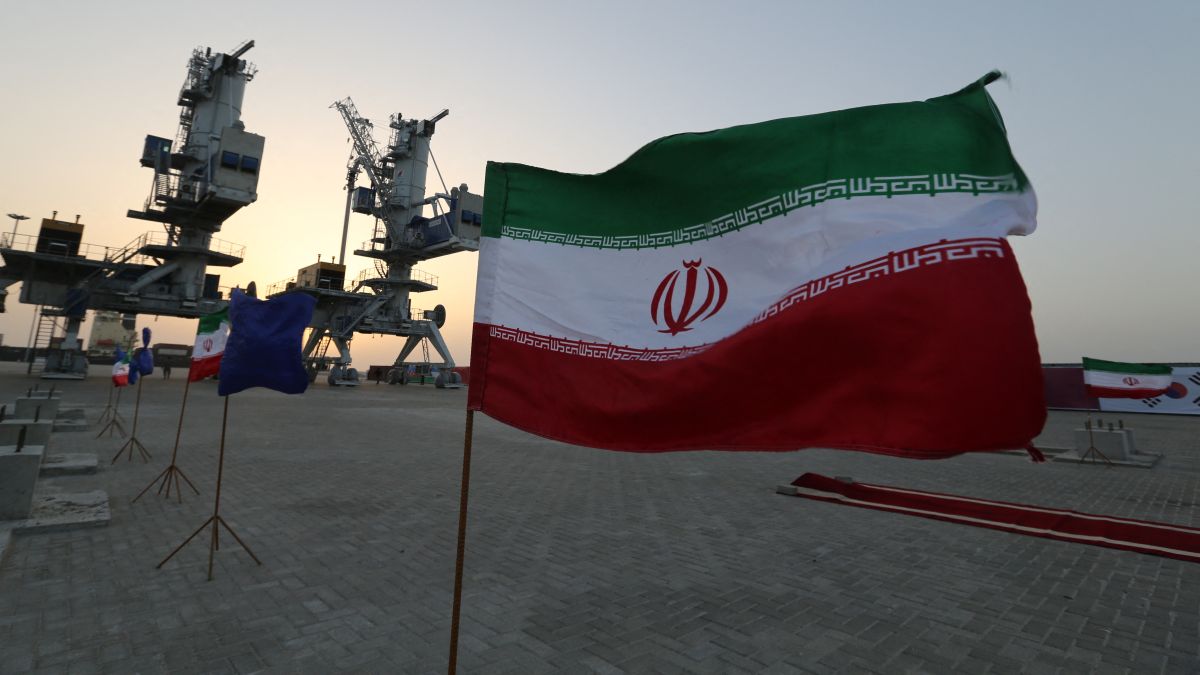)
)
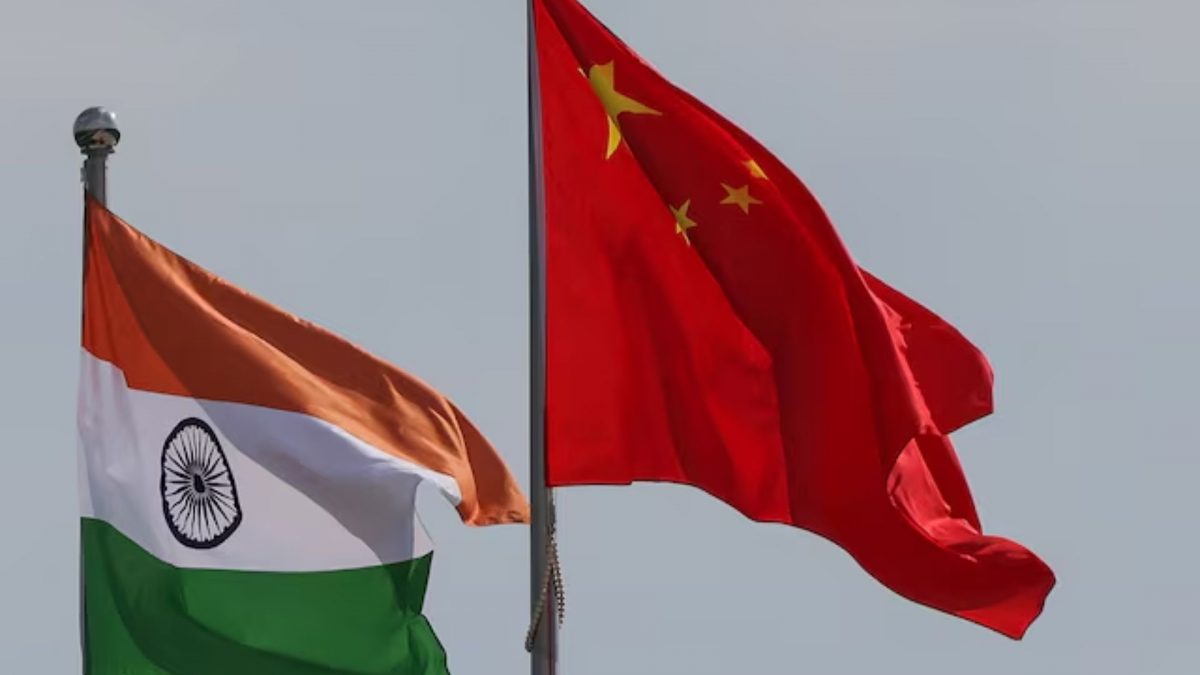)
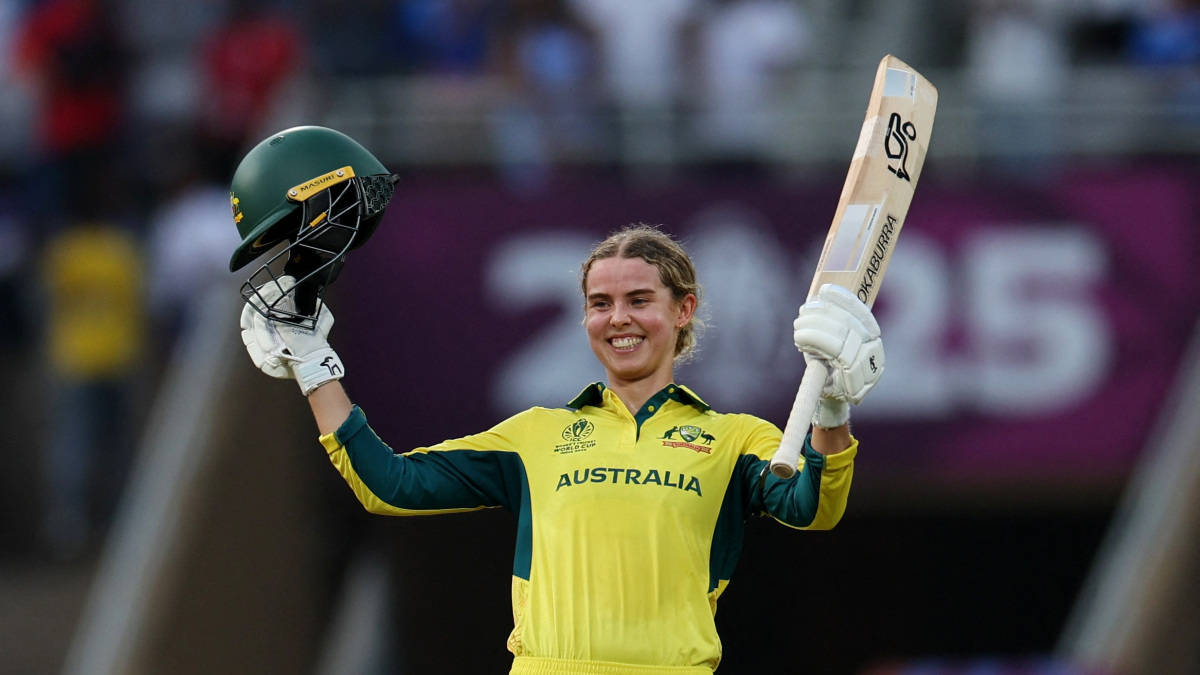)
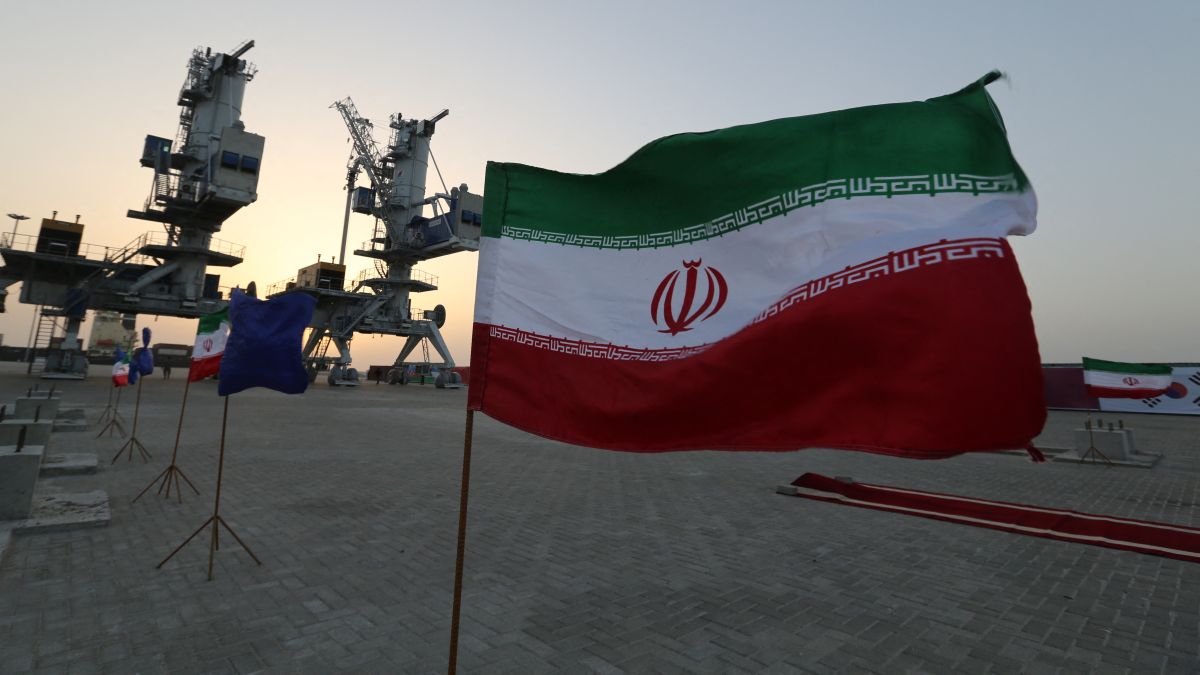)



